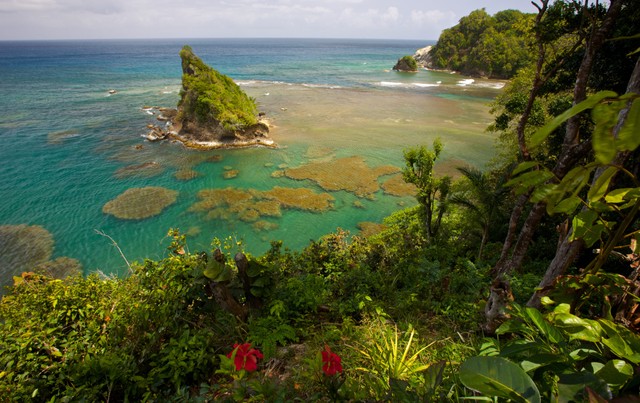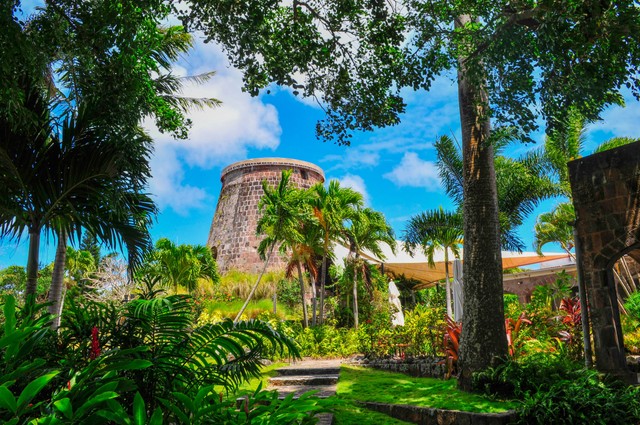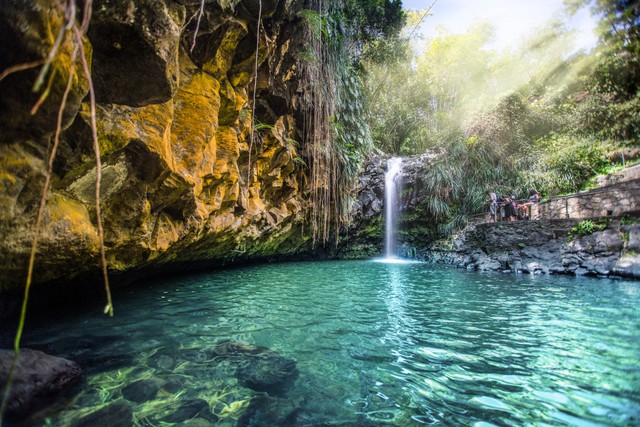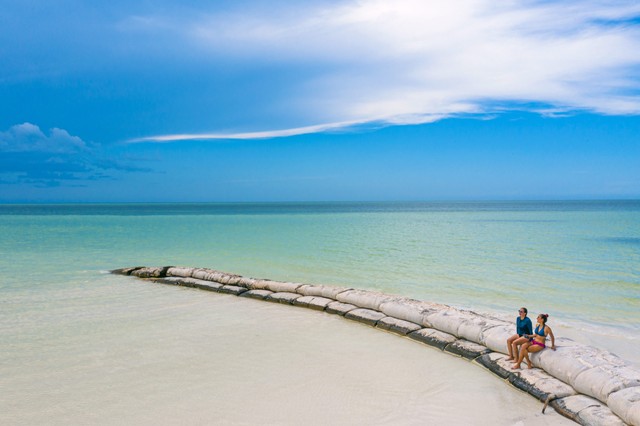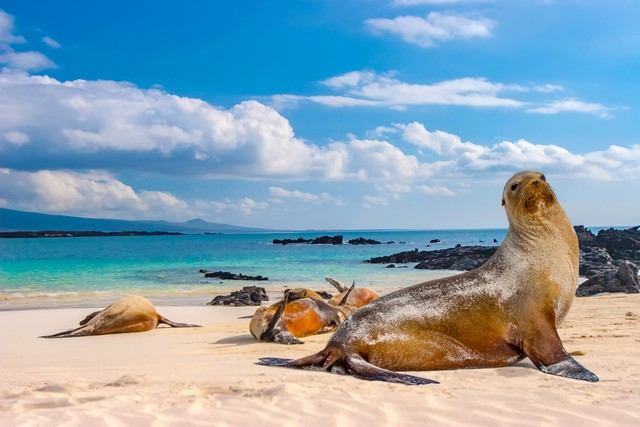Island dreaming? You’re not alone. As a post-COVID world reopens to travelers, Americans are craving ocean waves and sandy beaches, says a recent survey by US News and World Report, which lists Bora Bora, Maui and New Zealand’s South Island among the world’s top destinations for 2021-2022.
Although most communities welcome an economic pick-me-up after more than a year of lockdowns, island tourism can have an outsized impact on the environment, particularly at destinations with fragile ecosystems. For travelers looking to tread lightly, we’ve rounded up five of the world’s best islands for eco-conscious travel.
Each of these islands has invested in the programs and infrastructure to welcome tourists in a way that allows for a positive impact on the local economy with a minimal impact on the earth. Since we’re gearing this list toward American travelers, we’ve also focused on the Caribbean rather than further-flung destinations with longer flights. Be sure to check local COVID-19 travel restrictions before making immediate plans.
5 Islands for Eco-Conscious Travelers
Dominica
This ecologically diverse island protects its biodiversity with a nationally led ecotourism program focused on climate resilience. Tourism at “The Nature Island” focuses on gentle activities like hiking, bird-watching, kayaking and snorkeling. In 2020, the Go Green Dominica initiative gave every household a plastic-free bag after comprehensively banning single-used plastic and styrofoam.
The island has also become a leader in wellness tourism with its healing sulphur spas, locally grown organic food, and a growing number of yoga retreats. Those who fall in love with this tropical paradise can take advantage of extended visas to work remotely in nature.
Eco-friendly accommodations on the island include eco-lodges like the Rosalie Bay Eco Resort and Spa or charming vacation rentals like the Banana Lama Eco Villa and Cottages.
Nevis
A sleepy Caribbean island known for its local charm and unspoilt beauty, Nevis (“little sister” of neighboring St. Kitts) takes its ecotourism seriously. To avoid over-development, all beaches are public. Moreover, the government forbids construction beyond a thousand feet above sea level.
Tourism is focused on gentle enjoyment of the island’s rainforests, coastlines and wildlife. Visitors can volunteer with the Nevis Turtle Group, wander through well-maintained trails, or relax at one of its many eco-friendly lodges.
We recommend the family-owned, sustainably run Oualie Beach Resort, and the Golden Rock Inn, a collection of cottages with 40 acres of gardens and an on-site restaurant that supports local fishermen and produce growers.
Grenada
Grenada has made unspoiled beauty part of its tourism apparel with national programs that encourage sustainability. In addition to promoting low-impact activities like hiking, sailing, scuba diving and kayaking, the government has invested heavily in national parks, wildlife conservation programs, and even an artificial coral reef.
As with all tourism-driven nations, Grenada has also made some compromises to allow the industry to thrive. Cruise ships, private car rentals, jeep tours and motorized boat tours are a part of its economy. But these activities need not necessarily be damaging. To reduce your impact, do your research before choosing a cruise company or tour operator. Ask about specific environmental policies, and indicate that sustainable practices are important to you. For travel throughout the island, we recommend going local and taking public transit.
Thankfully, you’ll have plenty of eco-friendly lodging options, including the Grenada Blue Horizons Garden Resort, Grenada’s first Green Globe Gold certified resort. We also recommend the family-owned Calabash Luxury Boutique Hotel, which supports local children through the charity Pack for a Purpose.
Isla Holbox, Mexico
A slip of an island 20 minutes by ferry from the Yucatan Peninsula, Isla Holbox has held onto its fishing village roots while embracing tourism in a way that supports the area’s fragile ecosystem.
Here, you’ll find golf carts rather than cars, restaurants that serve locally grown produce, and family-run hotels and restaurants that maximize every available resource — from fresh water to natural light. Recreation centers on gentle activities like kayaking, snorkeling, and kiteboarding, although whale shark tours are also popular among the ‘bucket list’ set. We highly recommend Anna French’s article at Spin the Globe Project about how to ethically swim with whale sharks if you dream of seeing these endangered creatures up close.
Since most hoteliers are local (and therefore have a vested interest in the island’s future), the bar for sustainability is high. Eco-friendly toiletries, sustainable operations, and amenities like free bike rentals are the rule, rather than the exception. We recommend the eco-chic Casa Las Tortugas for design lovers, Las Nubes for wellness programming, and Zoomay for local charm.
Galapagos Islands
Governed by special laws that support the conservation and preservation of its fragile ecosystem, the Galapagos Islands strike a delicate balance between protecting the environment and sparking enough interest from travelers to continue funding conservation efforts.
Strict guidelines set by the Galapagos National Park Directorate (GNPD) and the Ecuadorian Ministry of Tourism dictate that in most cases, visitors must be accompanied by an approved guide. Only about 3% of the available land is private, while the remaining 97% is part of the Galapagos National Park. Anyone wishing to explore the park area must travel with a touring company. Going with a tour can also help you avoid surprises, like the $100 National Park fee.
If you were hoping to stay directly on the islands, fret not — some of that private land is devoted to ecotourism, and of the kind you can feel good about. Pikaia Lodge, for example, is a former cattle ranch that has committed to an ambitious reforestation project, promising a return of native, endemic species like wild tortoises and local birds. The Finch Bay Hotel collects rainwater and runs an intensive recycling program.
Regardless of where your travels take you, making thoughtful decisions about where you go, how you get there, and what activities you explore can go a long way toward lessening the impact of global tourism. Islands will always need to balance environmental concerns with economic gains, but visitors can help make that balancing act easier.
